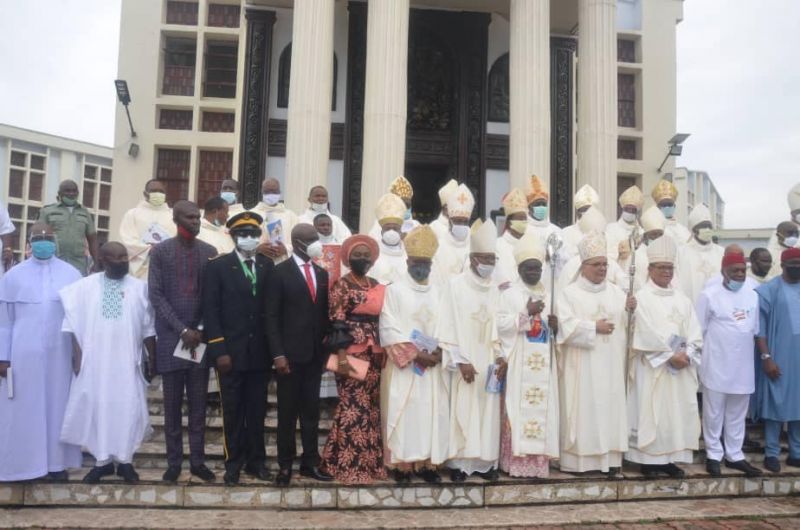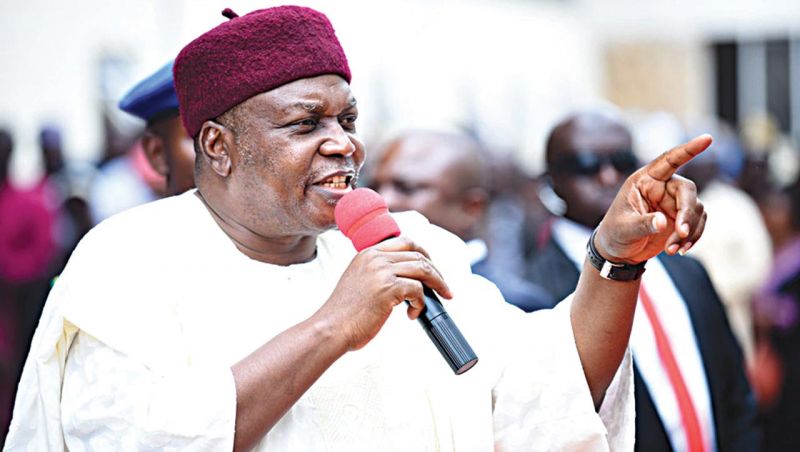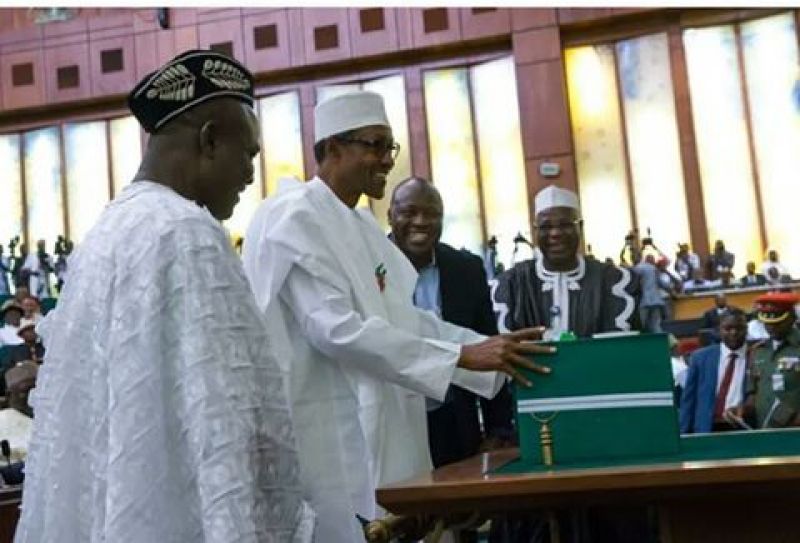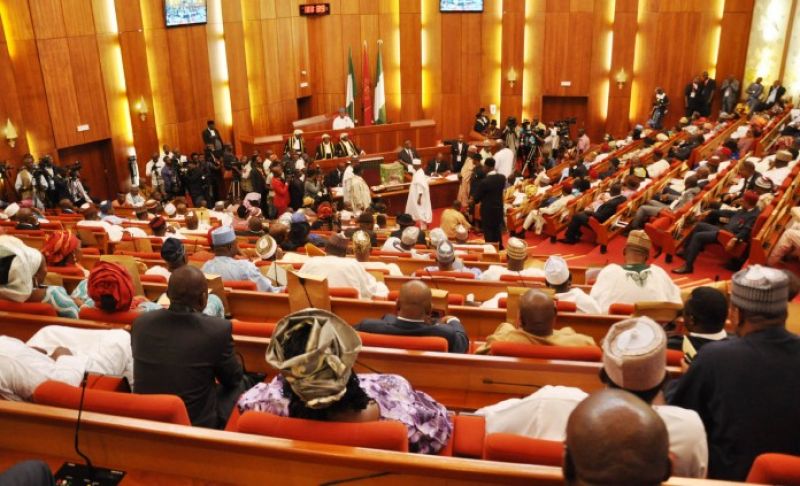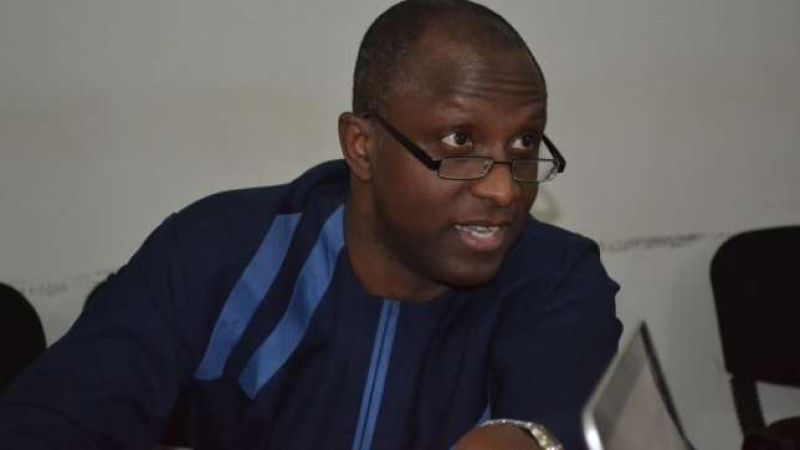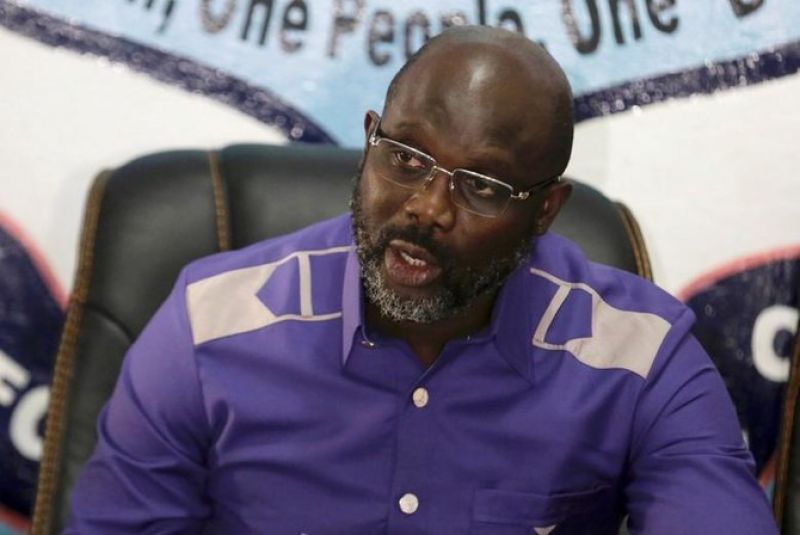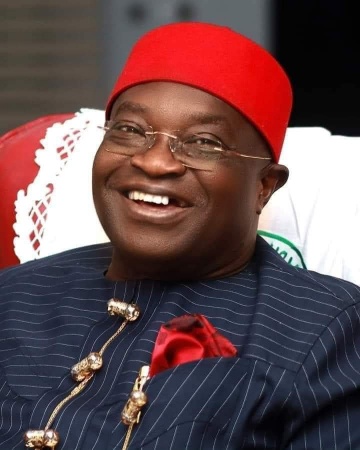Has Wole Soyinka become a revisionist?
Posted by Factnews | 7 years ago | 2,648 times
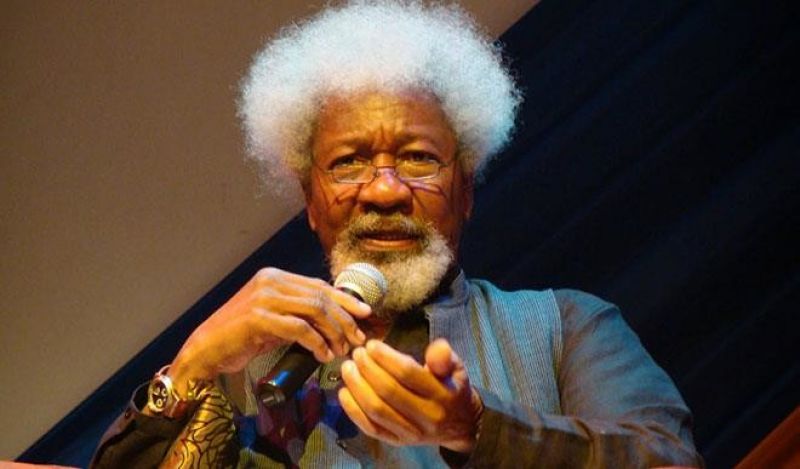
Wole Soyinka
By Jideofor Adibe
I was uncomfortable when I read a statement credited to Nobel Laureate Wole Soyinka calling on the Economic and Financial Crimes Commission (EFCC) to prosecute those he described as detractors in the fight against corruption in the country. Baba Soyinka reportedly made the call at the opening of his Vision of the Child Art Exhibition, 2017 edition, at Freedom Park, Lagos with the theme: ‘Enhance the Heritage; Advance the Future’. The exhibition itself was part of the events used to celebrate Lagos at 50. The Nobel Laureate was quoted by ThisDay of May 7, 2017, as saying:
“When we talk about corruption, is it not time we legislate against detractors, who deliberately create distraction? Say for instance, the money just found in Lagos. One governor claimed that the money belongs to his state government, claiming a proceed from the sale of some turbines and so on.
“It is a criminal act of distraction. He knew very well that he was lying, that the money was not his, but belongs to someone else. Obviously, acting in the interest of those accused of corruption, that to me is connivance and collaboration with corrupt people.
‘‘I think such people should be criminalised by the Economic and Financial Crimes Commission (EFCC),” he said.
No Sir. I don’t believe it will be right to criminalize such people.
Let me put some qualifiers to this piece: I am assuming that Professor Soyinka was correctly quoted. I am also assuming that what he was quoted as saying was borne out of sober reflection and not just something he said in a moment of rhetorical flourish or when he was exercising his right to ‘poetic licence’ as a poet. I could be wrong on all counts.
Before interrogating the Nobel Laureate’s call for the criminalization of EFCC’s detractors, I will also like to digress a bit:
I am among those who hold the Nobel Laureate in awe. While in secondary school I could recite off-head the first chapter of his book The Man Died and his poem ‘The Telephone Conversation’ in its entirety. I was always thrilled by Soyinka’s capacity to generate quotable quotes and to be a contrarian to a general ideological flow.
Though I was unable to understand his novel, The Interpreters, Soyinka and protest writers like Obi Egbuna (‘The Madness of Didi’, ‘Destroy this Temple’, ‘Black Candle for Christmas’ etc.), Ama Ata Aidoo (‘Our Sister Killjoy’) and Naiwo Osahon (‘Sex is a Nigger’) were my favourite African writers.
I recall that a few years after I set up the publishing company Adonis & Abbey Publishers in the UK in 2003, one of the ardent Soyinkarists, the late Esiaba Irobi, was on my back to publish a bi-annual journal he called ‘Soyinka’. While I loved the idea I was still undecided whether I could handle Irobi’s famed ‘artistic temperament’ when he suddenly transited in May 2010. Again when I became quite close to the late Kenyan scholar Ali Mazrui, I tried to publish his celebrated spat with Soyinka. Mazrui was very welcoming to the idea but my several attempts to contact Soyinka drew blank.
The above digression is to situate my ‘relationship’ with Soyinka, and why interrogating his ideas will not be as straightforward for me as it would otherwise be. But this has to be done, given how influential he remains among many writers - the successful, the not so successful and failed novelists like me.
The first point is that, with all respect, Baba Soyinka’s call for the criminalization of the detractors of EFCC is not just anti-democratic; it may also be an unwitting promotion of autocracy. Now just imagine empowering the EFCC to descend on all those critical of its ways and methods and slamming charges against such people for helping ‘corruption to fight back’. We just have to recall the impunity that was perpetrated in the land under Ribadu in the name of fighting corruption. I am among those who have been a consistent critic of the EFCC since the Ribadu days. Were Professor Soyinka’s recommendation to be effectuated, I would probably be among those cooling my heels in one gulag or the other for ‘distracting the fight against corruption’.
The second point is that it seemed fairly obvious that Soyinka was alluding to the Rivers State Governor Nyesom Wike who claimed that the money found in the Osborne apartment belonged to the Rivers State government. Though it seemed Wike ate the humble pie as the Nigerian Intelligence Agency staked a more powerful claim to the money, it will still amount to ‘chilling speech’ for his opinions, if they were honestly held, to be criminalized. To put this in context, in the landmark case of New York Times v Sullivan (1964), it was established that opinions honestly held, even if the facts on which such opinions were formed were wrong, could be valid defences in defamation proceedings. The aim was to make sure that free speech is protected because of the belief that it is only through a free exchange of ideas in the political marketplace that the truth could be discovered. This came to be known as the ‘actual malice standard’ or the ‘Sullivan rule’ because the US Supreme court held that in order to prove libel, a public official must show that what was said against them was made with ‘actual malice’ - that is, “with knowledge that it was false or with reckless disregard for the truth.” The challenge here is how do we get to know what is in a person’s mind? The victory secured for free speech under the Sullivan rule enabled the civil rights movement in the USA to flower.
The third point is that while I cannot get into Nyesom Wike’s head to know if his position on the money at Osborne towers was an opinion honestly held or whether it was actuated by his antagonistic relationship with Rotimi Amaechi whom he fingered for keeping the money there, I believe that his robust claim on the money perhaps helped in the discovery of the truth as the NIA was forced to also put up a robust counter claim to the money. In this sense, from free speech perspective, Wike’s claim, even if bogus, also helped or speeded up the process of discovering the truth. In fact I had a feeling that there were perhaps other Nigerians who were studying the situation to know if there was any opening for them to enter the fray and also stake a claim to the money.
The fourth point is that in the same speech Soyinka reportedly commended the art works of the children and expressed the hope that with children exposing the corrupt acts of the adults, Nigeria would be in for better days. Now there is a problem here. If children are to be encouraged to expose the corrupt acts of adults, it means that they are bound to get it wrong sometimes as they have no special investigative skills. Does it then mean you will prosecute such children for misleading investigators if, for instance, they honestly believe their uncle is corrupt and report him to the authorities only for them to be proven wrong? If someone had come forward to stake a claim to the Osborne fortune on grounds that he had a divine revelation that the money would be kept in that apartment for him by a ‘destiny helper’, would the person, under the law being proposed by the Kongi, be charged for ‘distracting the EFCC’? Professor Soyinka might have unwittingly called for prior censorship of free speech - something that is against all he had stood and fought for as a writer and activist. Prior censorship criminalizes speech and expressions before they are made. It is different from what we have in our extant laws on misleading investigation and giving false witness.
The fifth point is that we can’t encourage EFCC to be more despotic than it is already through its media trials - however good its intentions may be. Were we not told that the road to hell was originally paved with good intentions? EFCC should develop a capacity to generate ideas that can compete effectively both in the court of public opinion and in the court of law. I believe it is right for us to constantly interrogate the work of our institutions, even if we occasionally get the underlying facts wrong. The moment we stop doing this, we yield to tyranny, and as Baba Soyinka himself would admonish, ‘The man dies in him who keeps silent in the face of tyranny’.
Readers Comments
comment(s)
No comments yet. Be the first to post comment.

